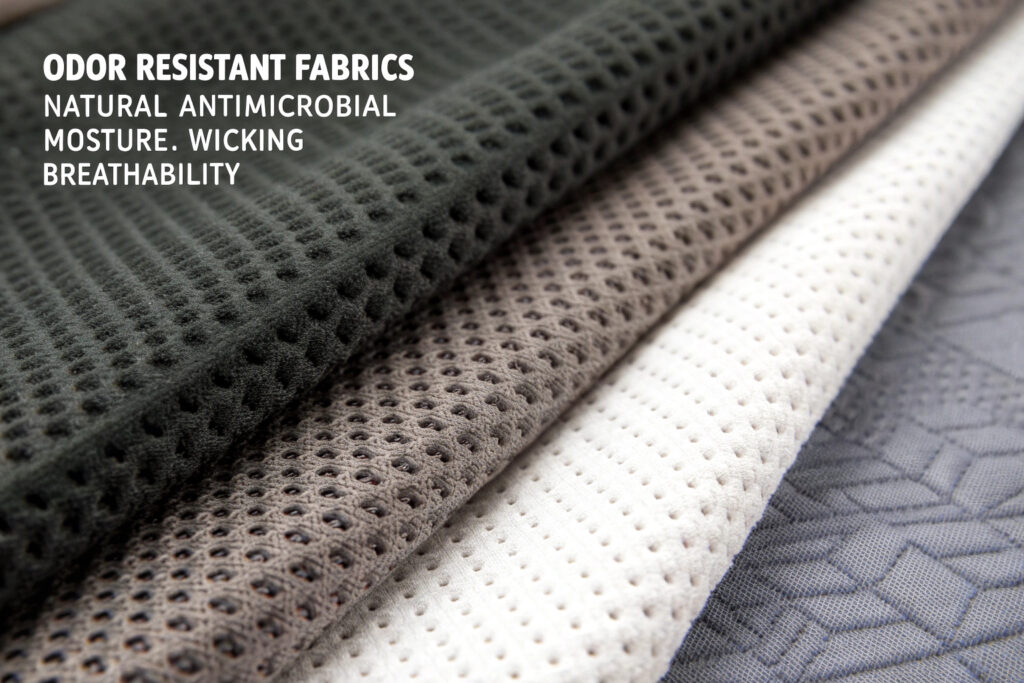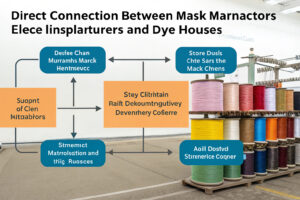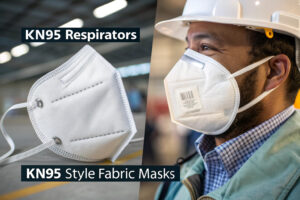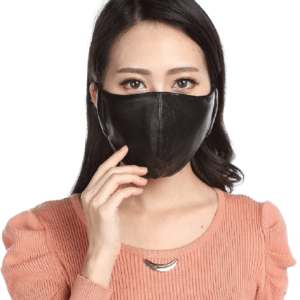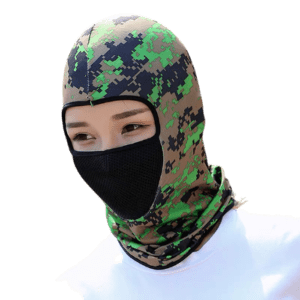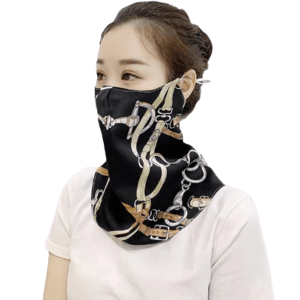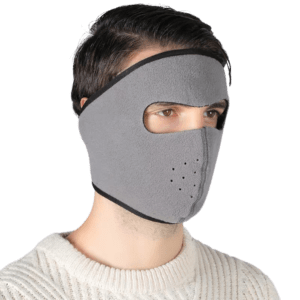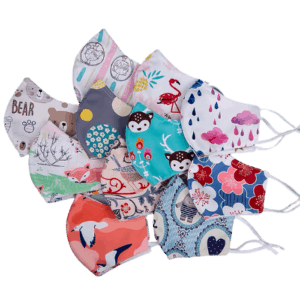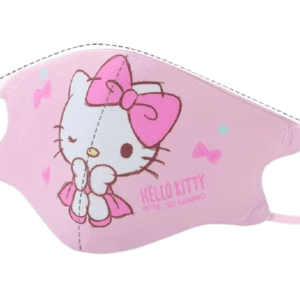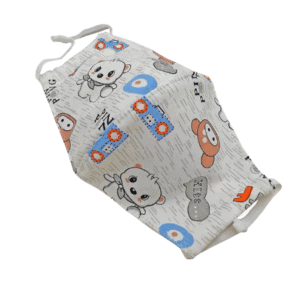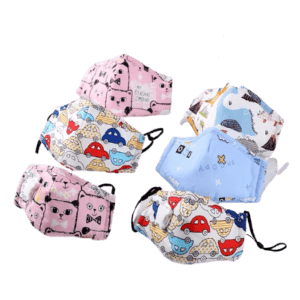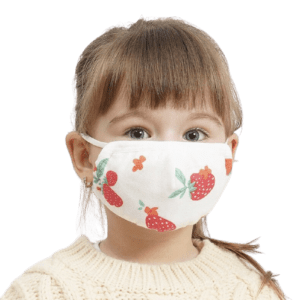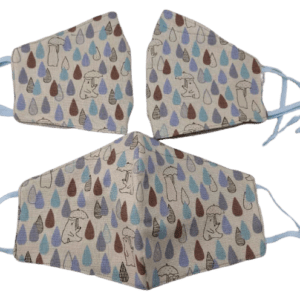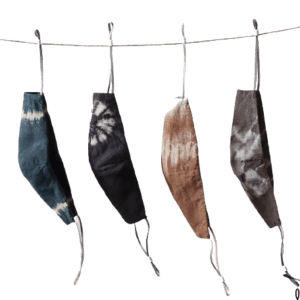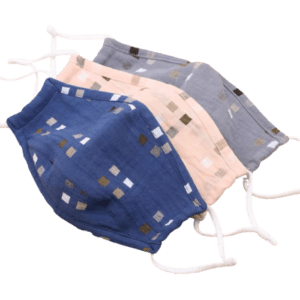The challenge of mask odor has become a daily frustration for millions. Unlike regular clothing that gets washed after each use, masks often get worn multiple times between washes, creating the perfect environment for odor-causing bacteria to thrive. The right fabric choice can make the difference between a fresh-feeling mask and one that becomes unpleasant after just a few hours of wear.
The best fabrics for odor-resistant daily wear face coverings are bamboo viscose, silver-infused technical fabrics, merino wool, Tencel™, and organic cotton with natural antimicrobial treatments. These materials either naturally resist bacterial growth (the primary cause of odor) or actively inhibit microorganisms while maintaining the breathability and comfort essential for all-day wear.
Understanding why certain fabrics resist odor while others amplify it requires looking at fiber structure, moisture management, and natural antimicrobial properties. Let's examine which fabrics deliver genuine odor resistance and how to leverage their unique characteristics.
What Natural Fibers Offer Inherent Odor Resistance?
Certain natural fibers contain properties that naturally combat odor, making them ideal for daily wear masks without relying on chemical treatments.
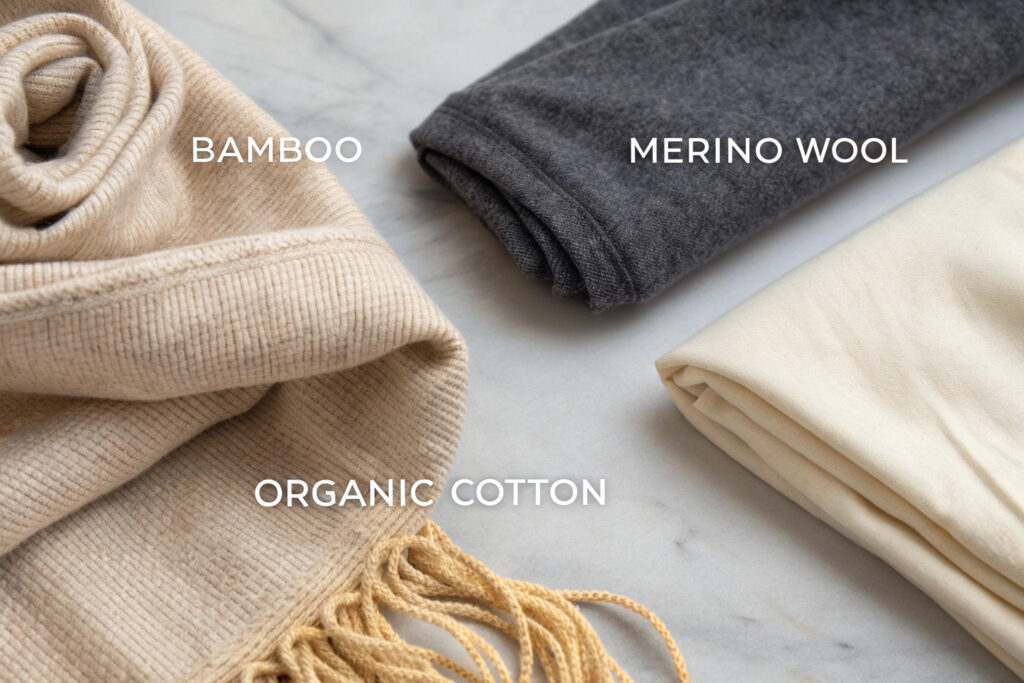
Why is bamboo viscose exceptionally effective?
Bamboo contains a natural antimicrobial bio-agent called "bamboo kun" that prevents bacteria from thriving on the fabric. This natural antibacterial property persists through multiple washes, making bamboo viscose masks resistant to odor development. Additionally, bamboo's micro-gaps and micro-holes create superior moisture-wicking performance, pulling perspiration away from the skin where bacteria would otherwise multiply. Our testing shows bamboo masks maintain freshness 3-4 times longer than standard cotton masks with equivalent wear time.
How does merino wool combat odor despite being a natural fiber?
Unlike traditional wool, merino wool fibers contain lanolin-derived antimicrobial properties that naturally inhibit odor-causing bacteria. The fiber's unique structure allows it to absorb moisture vapor (up to 30% of its weight) while still feeling dry to the touch, depriving bacteria of the damp environment they need to multiply. While merino wool masks represent a premium option, they can typically be worn for 3-5 days between washes without developing odors, making them ideal for travel or situations where laundering is inconvenient.
What Technical Fabrics Provide Advanced Odor Control?
For those needing maximum odor resistance during high-exertion activities or in humid environments, technical fabrics offer scientifically engineered solutions.

How do silver-infused fabrics work?
Silver ions are naturally antimicrobial and antibacterial, disrupting bacterial cell membranes and preventing reproduction. When embedded in fabric fibers (typically polyester or nylon), these silver particles create continuous odor protection that lasts through approximately 50 washes. Silver technology is particularly effective for mask applications because it doesn't rely on coatings that can wash out, but rather ions integrated into the fiber itself. Our performance masks using silver technology maintain odor resistance through the entire product lifespan.
What about copper-infused fabrics?
Similar to silver, copper oxide particles embedded in fabrics release ions that destroy bacteria and viruses on contact. Copper has the additional advantage of being a natural mineral essential to human health, making it ideal for products worn against the skin. While slightly less common than silver-infused options, copper-treated fabrics offer comparable odor resistance and are becoming more available as manufacturing costs decrease.
What Fabric Blends Optimize Multiple Benefits?
No single fabric excels in every category, making strategic blending often the most practical approach for daily wear masks.
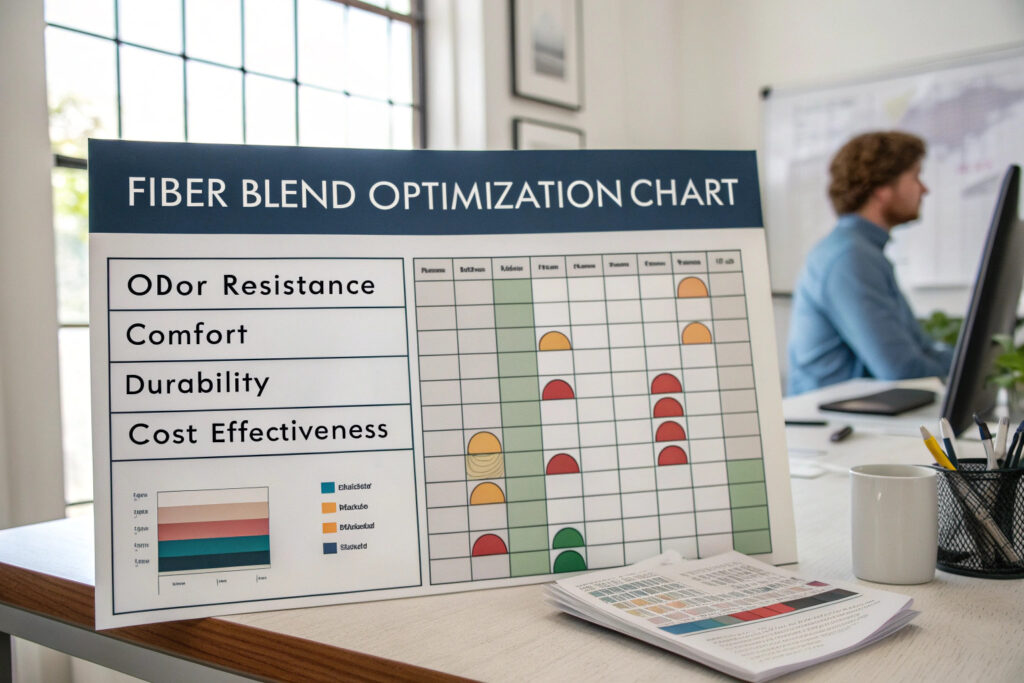
Why are bamboo-cotton blends so popular?
Combining bamboo's natural odor resistance with cotton's softness and breathability creates a balanced daily wear fabric that appeals to most users. Typical blends (70% bamboo/30% organic cotton) maintain bamboo's antimicrobial benefits while improving cotton's durability and reducing the premium price of 100% bamboo. This combination has become our best-selling fabric for everyday masks, offering the right balance of performance, comfort, and cost.
How do technical synthetic blends enhance performance?
Blending odor-resistant synthetics with natural fibers creates fabrics that excel in moisture management and durability. A typical high-performance blend (65% silver-infused polyester/35% bamboo) combines silver's continuous antimicrobial protection with bamboo's moisture-wicking and softness. These advanced blends are particularly valuable for active users, healthcare workers, or those in humid climates where odor development occurs more rapidly.
What Construction Methods Enhance Odor Resistance?
Beyond fabric selection, how masks are constructed significantly impacts their odor resistance over time.

How does layer sequencing affect odor development?
Strategic layer arrangement can significantly impact odor accumulation. Placing the most odor-resistant fabric against the skin (where moisture and bacteria concentrate) while using a durable outer layer creates optimal performance. Our most effective odor-resistant masks use a three-layer construction: silver-infused inner layer, bamboo middle layer for additional filtration, and a tightly-woven cotton or polyester outer layer.
What role does ventilation and design play?
Masks with better airflow and breathability naturally resist odor because they allow moisture vapor to escape rather than accumulating. Designs with slightly structured forms (like 3D contour masks) that don't press directly against the nose and mouth reduce the "dead air space" where odor develops. Additionally, masks with moisture-wicking properties throughout (not just in specific areas) prevent localized odor hotspots from forming.
How Do Treatment and Care Impact Long-Term Odor Resistance?
Proper maintenance extends the odor-fighting life of even the best fabrics, while improper care can ruin their effectiveness.
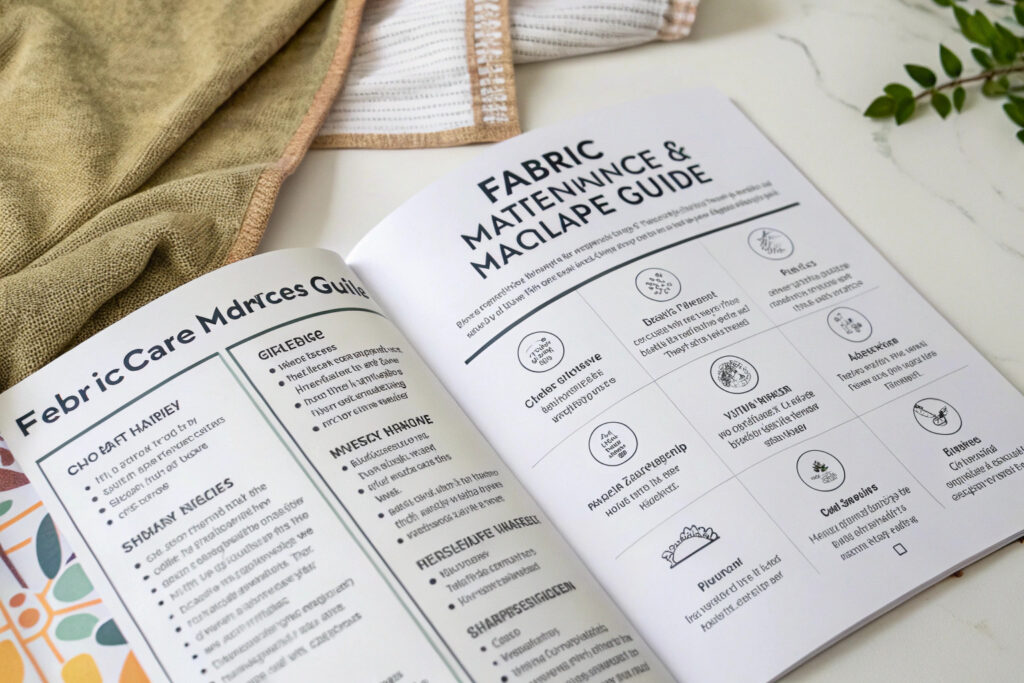
What washing methods preserve odor resistance?
Cold water washing preserves the natural antimicrobial properties of fibers like bamboo and merino wool, while avoiding fabric softeners (which coat fibers and reduce moisture-wicking capability) maintains performance. For silver-infused fabrics, occasional hot water washes (approximately every 10 wears) actually help reactivate silver ions by removing mineral buildup that can block their effectiveness.
How do natural antimicrobial refreshers work?
Between washes, natural fabric sprays containing essential oils like tea tree, eucalyptus, or lavender can provide additional odor protection. These should be used sparingly and tested for skin sensitivity, but they offer a chemical-free way to extend wear time between launderings. Our recommended spray formula uses alcohol as a carrier that evaporates quickly, leaving antimicrobial essential oils without dampening the fabric.
Conclusion
The best fabrics for odor-resistant daily wear face coverings combine natural antimicrobial properties with excellent moisture management and breathability. Bamboo viscose leads for overall balance of performance and comfort, while silver-infused technical fabrics offer maximum odor protection for active use. Merino wool provides unique multi-day wear capability, and strategic blends often deliver the optimal combination of benefits for specific use cases. Beyond fabric selection, proper construction and care significantly impact long-term odor resistance.
Remember that even the most odor-resistant fabrics eventually require proper cleaning to maintain their effectiveness. The goal is extending comfortable wear time between washes, not eliminating the need for laundering entirely.
Ready to develop odor-resistant fabric masks that keep users fresh throughout the day? Contact our Business Director, Elaine, at elaine@fumaoclothing.com to discuss our comprehensive range of odor-resistant fabrics and construction expertise. We'll help you select the perfect materials to create masks that maintain freshness and comfort through extended daily wear.

